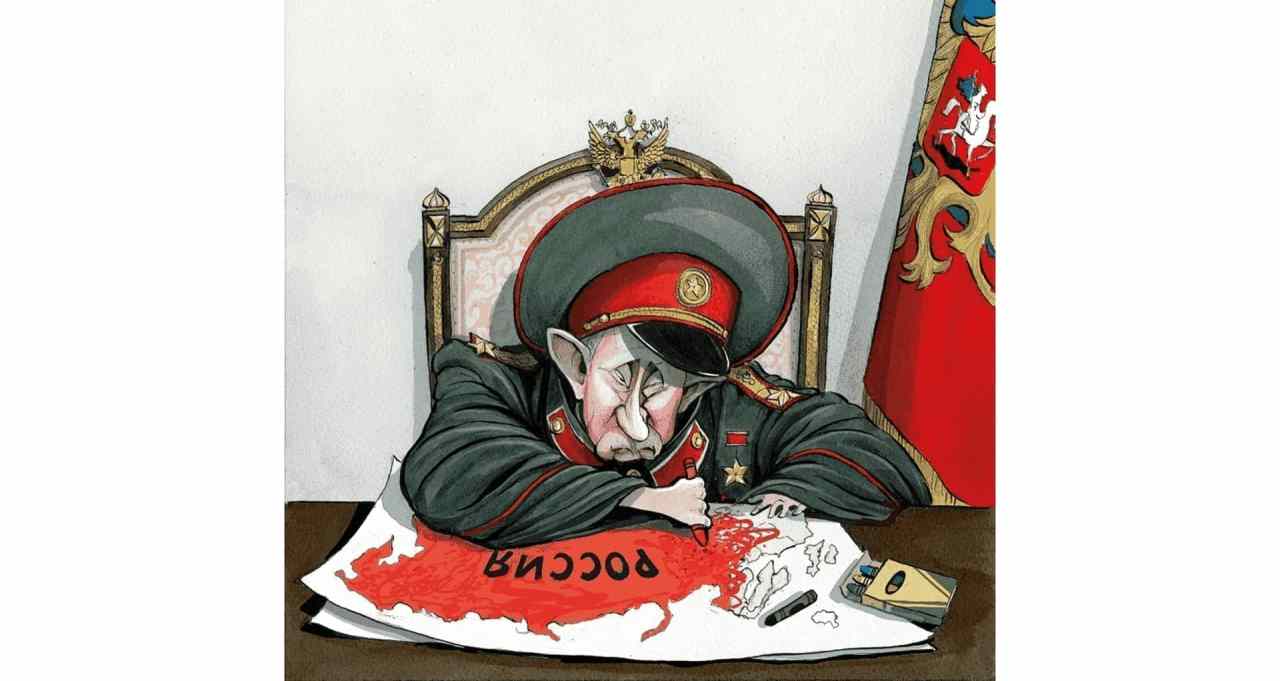Russia’s invasion of Ukraine shows, once again, that seismic shifts in the international order are inexorably followed by war. The adjustment invariably involves a declining power – in this case Russia, following the collapse of the Soviet Union – and a rising power – the West. So are we on the brink of a wider conflagration? Or might Putin’s war result in a return to some semblance of peace, if a treaty between Ukraine and Russia can be thrashed out?
Whatever happens, one thing has become clear in recent weeks: the Cold War ‘defeat’ of the Soviet Union – albeit morally not militarily – should have led to an adjustment of all the parties to the new international order. It didn’t. This is at the heart of Vladimir Putin’s war on Ukraine. The Russian president readily admits this as he rejects the post Cold War order, cries foul at former Soviet bloc states joining Nato and pleads encirclement, like the Kaiser’s Germany with the Triple Entente.

Britain’s best politics newsletters
You get two free articles each week when you sign up to The Spectator’s emails.
Already a subscriber? Log in








Comments
Join the debate for just £1 a month
Be part of the conversation with other Spectator readers by getting your first three months for £3.
UNLOCK ACCESS Just £1 a monthAlready a subscriber? Log in